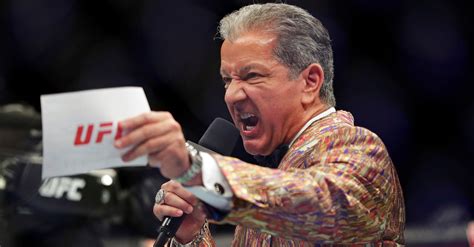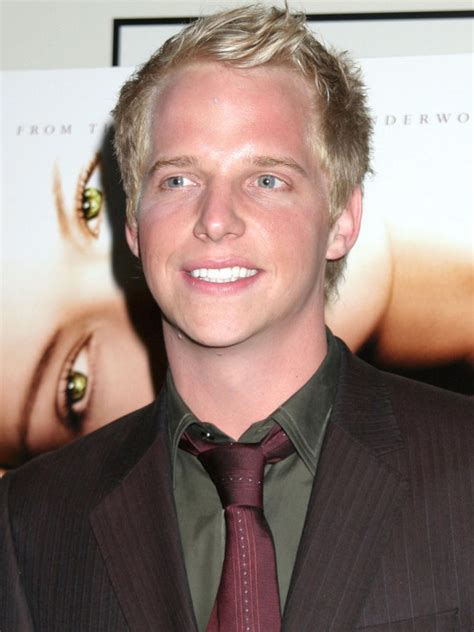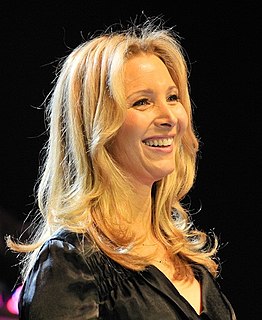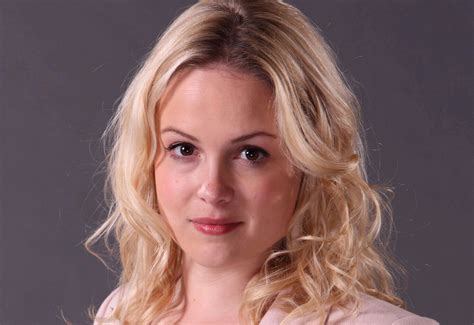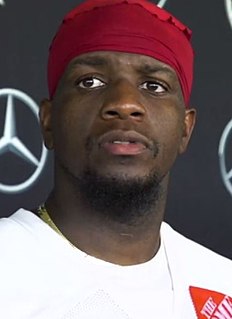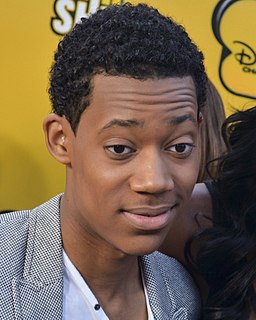A Quote by Bonnie Hunt
Barry Levinson saw me on a tape and put me in 'Rain Man' as the waitress who dropped the toothpicks. The scene was talked about a lot. Then, all of a sudden, I started to get more auditions.
Related Quotes
My dad one time told me, he was like, 'The only time you should lie is when someone's holding a gun to your head and says 'Okay, lie or I'm going to shoot you.' And that really stuck with me. I think about that a lot. I used to not be really honest with girls and then I dropped a song called "Starry Room" and then I started turning over a new leaf. Now, I'm completely honest with girls all the time and they just get mad at me.
And I saw darkness for weeks. It never dawned on me that I could come out of it, but you heal. Nature heals you, and you do come out of it. All of a sudden I saw a crack of light ... then all of a sudden I saw another crack of light. Then I saw forms in the light. And I recognized that there was no darkness, that in darkness there'll always be light.
In my last year of drama school, I was Abigail in 'The Crucible' and Nina in 'The Seagull,' and I did some Shakespeare with the RSC. That's what casting directors saw me in, and I got put up for a lot of period drama auditions. I always get told I suit the costumes. I don't think I have a very modern-looking face.
I grew up with a single mom who was a waitress. We were on food stamps. My mom then got Pell Grants, put herself through college to get a degree to get a better job. Because we were broke, I then had to go to a state school. I went to Temple University, and had to get loans. So I grew up in a world where I saw the government helping individuals pull themselves up, and saw it work very successfully.
Somebody talked me into writing an autobiography about six or seven years ago. And I said I'd try. We talked into a tape recorder, and after a couple of months, I said, To hell with it. I was so depressed. It was like saying, 'This is the end.' I was more interested in what the hell was coming the next day or the next week.

